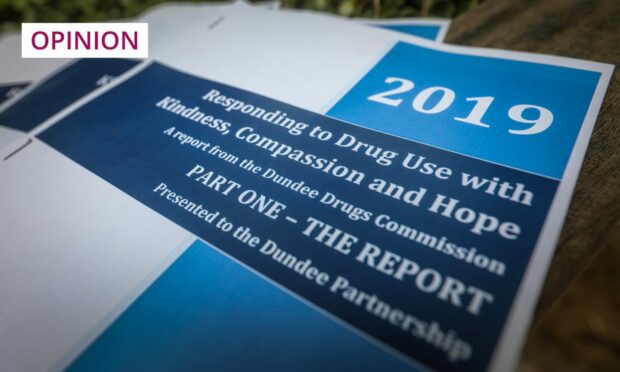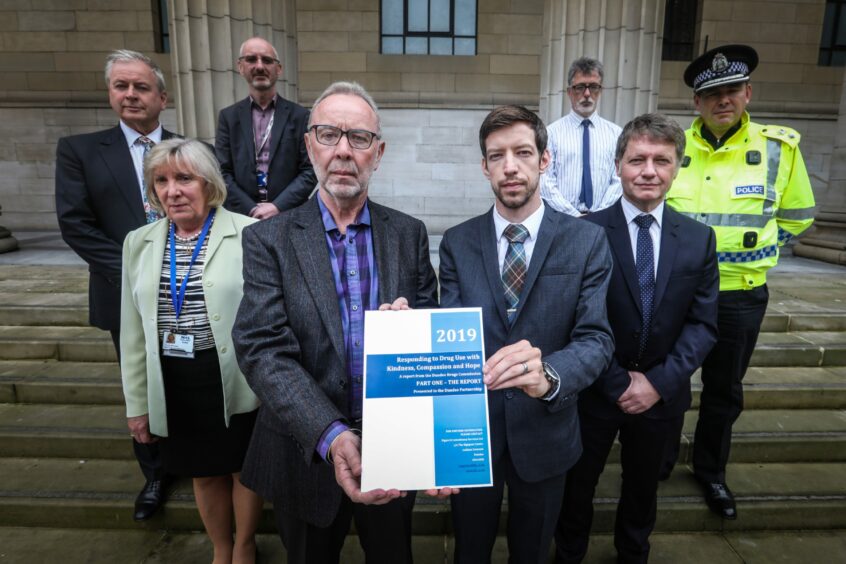The resignation of Simon Little as independent chairman of Dundee Alcohol and Drugs Partnership is a worrying development.
Mr Little has not given his reasons publicly for stepping aside, so there is a missing piece of the jigsaw here.
But what is clear is there is growing frustration about the speed at which reform of drugs strategy is being formulated and brought forward in Dundee.
Many organisations face accusations of being overly bureaucratic and slow-paced.
The difference here is we are not talking about the time it takes to fill potholes in the road or too few bin collections.
We are talking about people.
Worrying developments in the fight against Dundee drug deaths. The latest from @DerekHealey_
Dundee drugs boss quits as progress to tackle deaths branded 'bloody frustrating'… https://t.co/Lo5CZ4N7u9 via @thecourieruk
— David Clegg (@davieclegg) June 9, 2022
Real human beings who have lives to live, love to give and talents to share but who, for myriad reasons, have seen their horizons cut short by the impacts of spiralling drug use.
For those people this is a matter of life and death.
Dundee Drugs crisis demands urgent action
The drugs scourge has claimed hundreds of lives in Dundee alone in recent years.
The rates are so high the city claimed the unenviable title of Europe’s drugs death capital.
No one is denying progress is being made, that intentions are good and that positive work is being done to help those in need.
But when people are dying and lives are being blighted by substance misuse, there is no time to spare in bringing about change.
Earlier this year the Dundee Drugs Commission said the scale of the problem was greater than it was first thought – and the response to date had not gone far enough, deep enough or fast enough to address the crisis.
That is a call to arms that demands an immediate response.
It demands a laser focus and relentless determination to push through the change needed to save lives.
There is no greater prize. And no greater consequence of failure.












Conversation